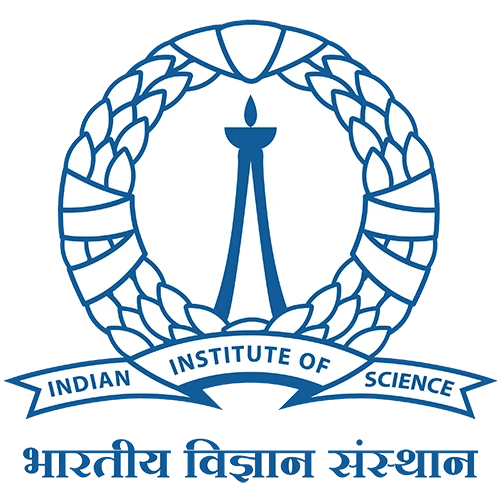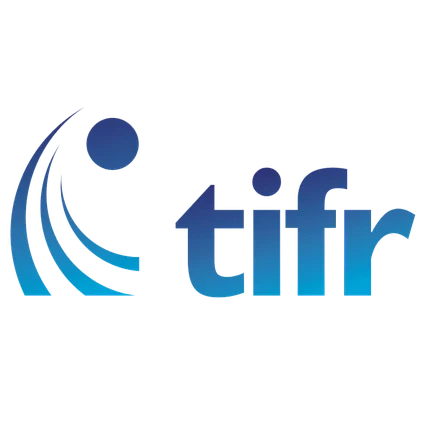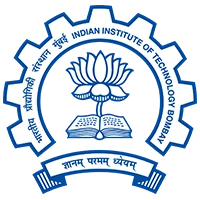The Quantum Computing Thematic Hub is instrumental in the development of quantum computing, as it promotes collaboration, drives innovation, educates the workforce, and supports the ethical advancement of quantum technologies.

Thematic Hub
Indian Institute of Science Bengaluru

Project Director
Objective
The primary objective of this vertical is to develop scalable and efficient quantum computing systems by leveraging various qubit technologies and computational models. The specific objectives include:
Developing Quantum Hardware
Build quantum computers with intermediate-scale qubits (20-50 qubits in 3 years, 50-100 qubits in 5 years, and 50-1000 qubits in 8 years) using superconducting, photonic, trapped ion, and other platforms.
Advancing Qubit Technologies
Research and enhance various qubit platforms, including superconducting, trapped ions, photonic, neutral atom, semiconductor spin, topological, and nitrogen vacancy (NV) centres.
Hybrid Quantum Computing
Develop quantum-classical hybrid approaches to enhance computational capabilities and bridge the gap between classical and quantum computing.
Quantum Algorithms and Applications
Design and optimize quantum algorithms for practical applications in optimization, machine learning, cryptography, and material simulations.
Post-Quantum Cryptography
Investigate cryptographic protocols resistant to quantum attacks to secure future communication networks.
Quantum Annealing
Explore and develop quantum annealing techniques for solving combinatorial and optimization problems.








